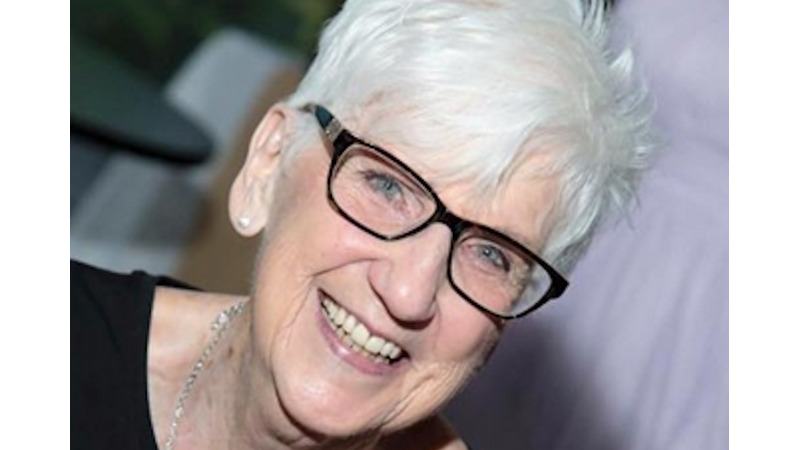Author and blogger George Hoffman (Practicing Mental Illness) in his recent blog, “Empathy Check,” wrote that it takes a tremendous individual effort to overcome mental illness.
“The ability to fall back on the support of people who care for you is crucial,” Hoffman said in his blog.
This we know to be true as we listen to people in our NAMI Connection peer-led support groups. We have also learned that the cure for one is not the cure for all!
At the risk of plagiarizing, we have copied the image Hoffman uses with his blog, “Empathy Check,” because it is so appropriate. (See practicingmentalillness.substack.com).
The thing is, not all people who have a mental illness have that support (or so they feel). Some may think when we say in our NAMI articles, “You are not alone!” that we do not know what we are talking about. Our motto is often miss-perceived. We use those words with empathy, knowing that people do think they may be truly alone in their illness — when in actuality we understand they are not simply because we know resources, help and compassion are available to them if they would only seek it.
Honestly, we are not being smug. We know there is always a path to feeling better about yourself, managing an illness that is not your fault and learning to live a functional life. It is possible; we see it happen. We know it is hard, and it takes a huge amount of work. We know with some persistence and desire it is possible to move forward. We also know that sometimes people — more often than not — will fall back into the same pattern of hopelessness and lack of self-worth, only to begin again. A mental illness can be persistent and definitely your enemy unless you gather up resources available to you and use them as the tools to recovery. You have to want it for yourself.
A mental wellness toolkit will consist first as a realization that you have an illness and then use the tools. A family provider is a good start in developing a treatment plan that provides the tools, medication, counseling and support; however, it must always include a built-in resilience to failure.
A peer support group where others in the same circumstance can share successes and failures is helpful for some — maybe not all. But “try it, you might like it,” is my suggestion. This old proverb applies: “'Tis a lesson you should heed: Try, try, try again. If at first you don’t succeed, try, try, try again.”
If you are one trying to cope with a mental or emotional disorder without help, think about it. Take the step, seek help. Dial 211 or 1-800-720-9616 for resources or help. NAMI is here for you!







